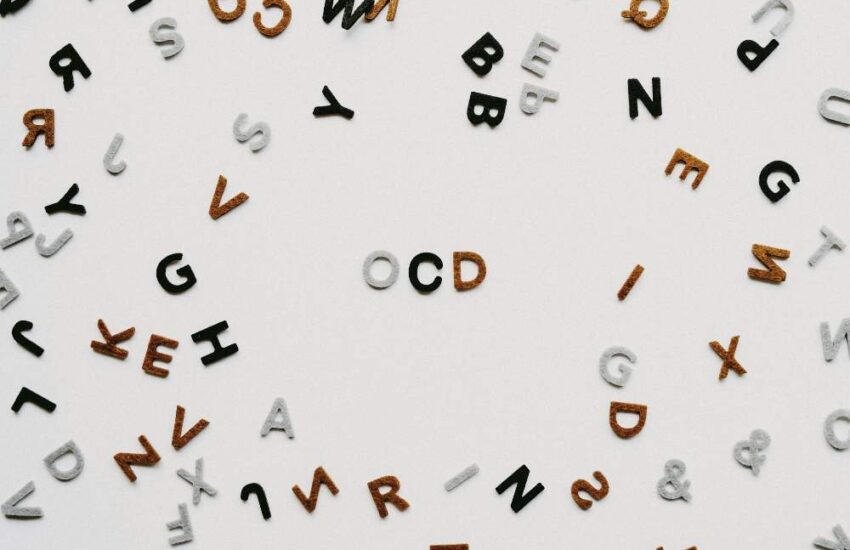A Comprehensive Guide to At-Home COVID Testing Kits
In the battle against COVID-19, testing remains a pivotal weapon to identify and curb the spread of the virus. While traditional testing centers and medical facilities have been vital in diagnosing cases, at-home COVID testing kits are becoming a convenient alternative.
These kits allow individuals to test themselves for the presence of the SARS-CoV-2 virus in their own homes. This comprehensive guide aims to provide an overview of at-home COVID testing kits, their types, usage, accuracy, and important considerations.

Types of At-Home COVID Testing Kits
Molecular (PCR) Tests
PCR or polymerase chain reaction tests are considered the gold standard in COVID-19 diagnostics. At-home PCR testing kits involve collecting a sample using a nasal swab or saliva, which is then sent to a laboratory for analysis. These tests are accurate and can detect the virus in its early stages, making them a reliable option for individuals seeking accurate results.
Antigen Tests
Antigen tests are faster than PCR tests and often provide results within minutes. They work by detecting specific proteins found on the virus. At-home antigen testing kits like flowflex covid tests, typically involve nasal swabs, and some can also use saliva samples. While they offer rapid results, their sensitivity may be slightly lower than PCR tests, particularly during the early stages of infection.
Antibody Tests
At-home antibody testing kits help identify whether an individual has previously been infected with the virus by detecting antibodies in their blood. These testing kits involve a finger-prick blood sample. Although these provide insights into past infections, they aren’t suitable for spotting current infections.
Usage and Instructions
At-home COVID testing kits are designed for user-friendly and simple use. Each kit comes with detailed instructions, and users should strictly follow the guidelines provided. Common steps include:
Collecting the Sample
Depending on the test type, individuals may collect a nasal swab, saliva sample, or a finger-prick blood sample. It’s crucial to follow the instructions accurately to ensure the sample’s integrity.
Packaging and Sending the Sample
After collecting the sample, it is securely packaged and sent to a laboratory for analysis. Some kits include prepaid shipping labels, making the process more convenient.
Receiving and Understanding the Results
Results are usually available within a few days (for PCR tests) or within minutes (for antigen tests). Users should carefully read the results and follow the appropriate steps outlined in the kit’s instructions.
Accuracy and Limitations
At-home COVID testing kits have come a long way in terms of accuracy, but they still have certain limitations. PCR tests are generally considered highly accurate, with sensitivity rates close to 95-100%. However, test accuracy can be influenced by the quality of the sample collected and the timing of the test relative to infection.
Antigen tests are also reasonably accurate but might have a slightly higher rate of false negatives, especially when used too early in the infection or by asymptomatic individuals. It is crucial to understand that no test is perfect, and any positive or negative result should be confirmed by a healthcare professional if there are concerns or symptoms.
Important Considerations
FDA Approval
Before purchasing an at-home COVID testing kit, ensure that it has received Emergency Use Authorization (EUA) or approval from the relevant health authorities. This ensures its quality and adherence to regulatory standards.
Symptomatic vs. Asymptomatic Testing
Consider the specific purpose of your testing. At-home testing may be suitable for individuals with symptoms or those who have been exposed to the virus, but it may not be ideal for routine screening for asymptomatic individuals.
Follow-Up and Professional Guidance
Always discuss your test results with a healthcare professional, especially if you receive a positive result. Follow-up testing and appropriate medical advice can help manage the infection and protect others from potential exposure.
Conclusion
At-home COVID testing kits provide a valuable alternative for individuals seeking convenient and accessible testing solutions. With various types of kits available, it’s essential to choose the one that best suits your needs. Stay informed and stay safe. Together, we can overcome this global health challenge.


